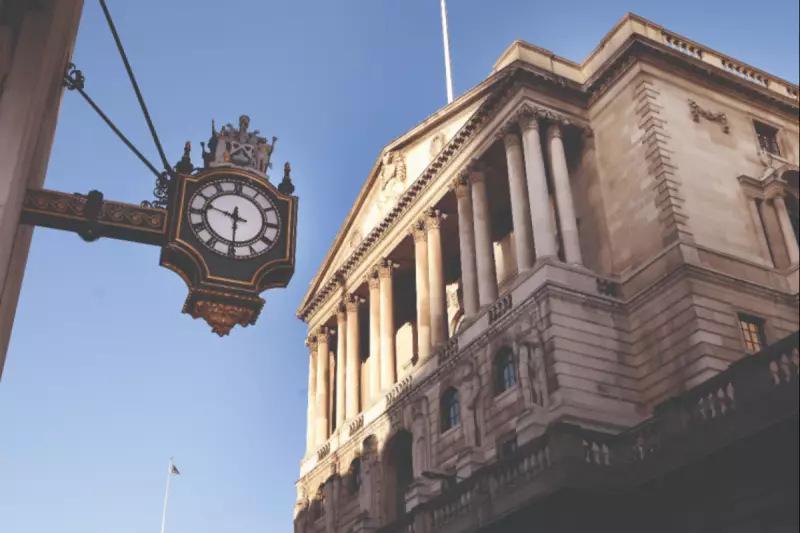
The pressure is mounting on the Bank of England to take decisive action as leading economic voices call for an immediate cut to interest rates. With growing evidence that the UK's battle against inflation is being won, many experts argue that maintaining current restrictive policies could unnecessarily harm economic growth.
Why the Urgent Call for Rate Cuts?
Economic indicators increasingly suggest that the period of aggressive monetary tightening has served its purpose. Inflation has fallen significantly from its peak, and there are clear signs that the economy needs stimulus rather than restraint. Business investment has stalled, consumer confidence remains fragile, and the threat of recession looms larger than that of runaway inflation.
The Economic Landscape Has Shifted
Several key factors support the argument for rate reductions:
- Inflation control: The Consumer Prices Index has shown consistent improvement, moving closer to the Bank's 2% target
- Growth concerns: GDP figures indicate the economy is operating below potential
- Business pressure: SMEs and major corporations alike report struggling with high borrowing costs
- Global context: Other central banks are beginning to pivot toward more accommodative policies
The Consequences of Inaction
Maintaining current interest rates for too long could have serious repercussions for the UK economy. The housing market shows signs of stress, with mortgage approvals declining and property transactions slowing. Consumer spending, a key driver of economic activity, remains constrained by high borrowing costs and reduced disposable income.
"The risk of doing too little now outweighs the risk of doing too much," argue economic analysts, suggesting the Bank should err on the side of supporting growth rather than continuing to fight inflation that appears to be under control.
What This Means for Businesses and Households
For millions of British households and businesses, a rate cut would provide immediate relief. Mortgage holders would see reduced repayment pressures, while businesses could access cheaper capital for expansion and investment. The psychological boost of seeing rates decrease could also stimulate consumer confidence and spending.
The coming Monetary Policy Committee meeting represents a critical juncture for the UK economy. With economic data supporting a more accommodative approach, the question remains whether the Bank of England will act with the urgency that many experts believe the situation demands.





